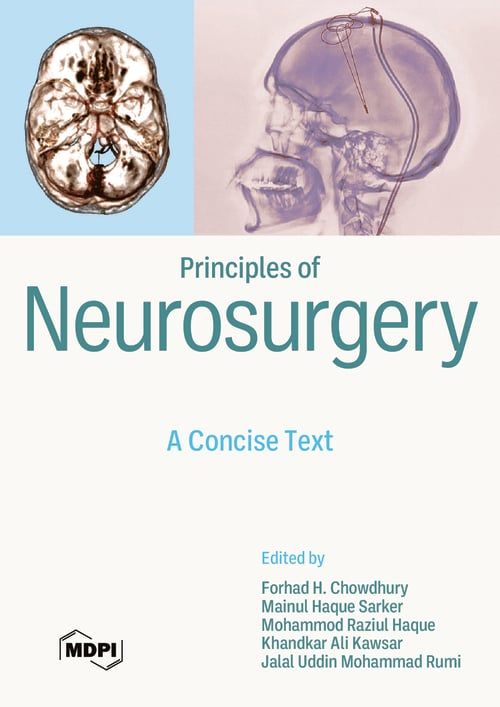Movement Disorders and Other Functional Neurosurgery
Functional neurosurgery is not usually a life-saving surgery; it is typically used in certain neurological conditions, including intractable or resistant-to-medical-therapy forms. It includes (but is not limited to) surgery for movement disorders (i.e., Parkinson’s disease, tremor, and dystonia) in the form of deep brain stimulation (DBS) or lesioning (ablative procedures) in the brain; surgery for spasticity and torticollis; MVD (microvascular decompression for neurovascular compression syndromes, i.e., trigeminal and glossopharyngeal neuralgia, hemifacial spasm, spasmodic torticollis, etc.); surgery for psychiatric disorders; intractable pain surgery; etc. The principles of surgical management of extreme or resistant forms of these conditions will be discussed in abstract form.
